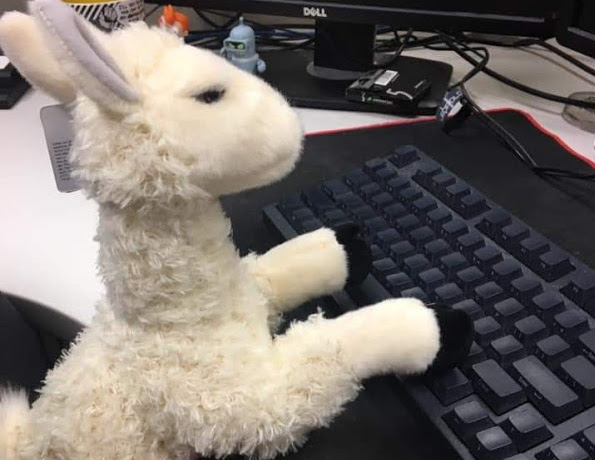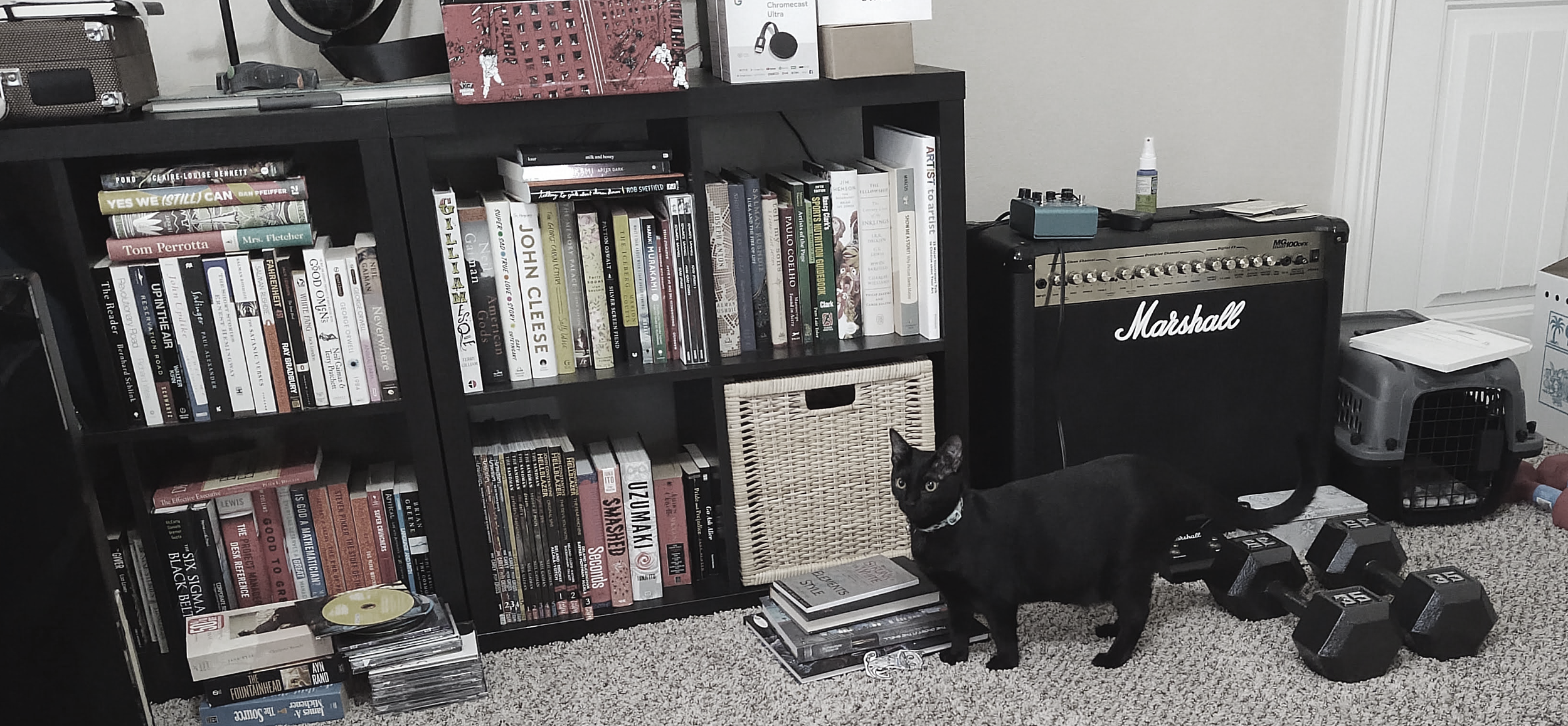
RE: CRYING IN H MART By: Michelle Zauner
A Book that I Have Been Thinking About
From: Travis
August 31, 2024
I have a theory about crying in the movies; when reading books; listening to music (maybe it's the kind of thing that is actually super obvious and accepted by everyone else and I am just now catching on to it): Art makes you cry more when you're older.
When I was a kid, my mom really loved the movie Beaches. She probably still does, but she used to, too. Nowadays it might not be the kind of movie that everyone has seen, and it's been several years since I watched it myself, but what I remember is that it's about two women who became friends when they were young (and hanging out on a beach) and the story of their lives as one (Bette Midler) goes off to chase her dreams of being a big time singer and the other (not Bette Midler)... I don't remember; decides to get married and become a mom? and then, spoiler alert: gets sick and dies and Bette sings about how she had been the wind beneath her wings all along and adopts the orphaned girl. AND every time we would watch it, we made a point to get a box of tissues ready for mom because she cried every time.
I was baffled.
Sure, the idea was very sad, but, like, she knows this is just pretend right? I wasn't too much older than having figured out that the actors in movies didn't actually die IRL when they died on screen, so I felt she should've known this and been ok.
Fast forward several years, and we took our kids to see Coco when it was out in the theaters. I liked it a lot and I thought it was very sweet and, sure, it tugged on your heartstrings there at the end, but you know, whatever. BUT, son number two fell asleep and missed a lot of the second half on the first viewing, so a few weeks later, I took him to see it again. An important thing to take note of, dear reader, is that in between those two viewings, my grandmother passed away. So this time, despite knowing what was going to happen (and remembering, from when I was young, that this is all pretend anyway), when Miguel sang to his great grandmother I was reduced to a puddle.
Jump cut to this book.
I knew approximately nothing about it when I picked it up, aside from the fact that I'd seen it on the best seller list for months. I suspected it had something to do with Korean food, seeing as it was apparently set in an H Mart, and that there was going to be tears - I assumed due to feeling nostalgic for home when browsing kimchi?
When I got far enough in to my copy of the audio book to realize what it was actually going to be about, I wasn't sure if I was going to be able to listen to it - at least not while I was out on the running trail where people could see me and wonder if I was stable enough to be out and about on my own.
See, the book is about a lot of things: about the author grappling with her Korean heritage growing up in the States, with understanding her mother, her parents' relationship, trying to get a music career off the ground, but principally, it is about her mother battling and ultimately succumbing to stomach cancer. And, another important thing to take note of, at the time, my dad's ongoing battle with cancer had just taken a pretty bad turn.
So, yeah, I was fully expecting to need to listen with a box of Kleenex, probably locked in my office late at night.
And side note: fuck cancer. For real. Can we all agree on that really quick? Double fuck it.
What I found in the book was an interesting and engaging memoir. Usually I would avoid a memoir from anyone under the age of 50, since I really like it when a memoir can have some sort of "and ultimately I learned, after all my years, that X and Y" lesson to wrap things up for me as the reader. I didn't exactly connect 100% with it, being not a woman and not Korean, but I found it all easy to sympathize with (I guess is the right word for it?). I thought her trips with her mom to Korea to meet Aunties and Grandmothers (whom she'd heard about in a kind of mythology and held in such regard and fear) to be very engaging. Her mother's methods of discipline and encouragement (I guess is the word for it?) were relatable. Her efforts to reconnect with her heritage by cooking traditional meals for her mother were charming.
And even the part I feared listening to the most, when her mother's health turned, when she was admitted to hospice care, when family and friends started making special trips before it was too late. You know, the part that was essentially someone holding up a mirror to exactly what was going on in my family at the time... Surely it was sad, heartbreaking, devastating... but it was also a reminder that I wasn't the only one who's ever dealt with something like this. It was a weird kind of promise that, yes, this was all going to hurt, maybe worse than anything else, but here was someone who had felt every pain-filled minute of it and somehow managed to not let it destroy her. So, it strangely became a bit of a comfort to me - though, yeah, I still cried in public, but somehow I felt like... "of course I'm crying; it's what the book wanted us to do. What else are you supposed to do when this happens?"
Probably my favorite part, if you want to think of it that way, was the section where they are hurrying to plan and hold a wedding in time for her mother to be able to attend. The juxtaposition of the two versions of the future; the dread of a terminal illness - the fear of further downturns in health, of not having enough time left, of not being able to share in your family's happiness - with the hope of a wedding - the celebration of love, the intertwining of two families, the excitement for what lies ahead - was really beautiful, tragic, emotional, all rolled together. Something I would've read in my younger years with a dry eye thinking "well, at least her mom got to see her married"; something I need only to think about now to feel the tears beginning to well up.
PS - love you dad. we all miss you




